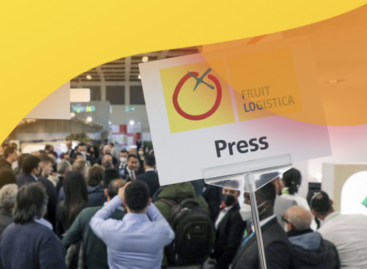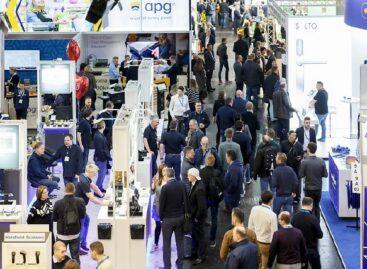Ground, roasted passion
In September Tchibo reintroduced its Tchibo Exclusive products, which are now made using a new recipe, from 100-percent arabica beans. Andreas Christmann, Tchibo’s international procurement director was present at the launch. The German businessman has been working in the coffee industry for 30 years. At Tchibo’s Hamburg headquarters he tastes about 100 cups of coffee a day and 4-5 times a year he goes to the coffee zone along the Equator. Coffee farms are very different in the 60 countries where coffee shrubs are grown, from New Guinea to Mexico. Tchibo purchases coffee directly from farmers and through commission merchants too. The company also educates farmers, teaching them modern agricultural techniques, and Tchibo builds schools for their children where daily meals are also provided. He keeps his roasted coffee beans in the freezer for perfect freshness. He owns a Cafissimo, a single serve, capsule system coffee machine developed by Tchibo. In 2009 the average consumer price of coffee fell by 10 percent all over Europe. In 2010 consumer prices slightly increased, but they did not reach the level of 2008. At the same time, on the world market the price of coffee, and especially of arabica escalated and broke a 14-year record in September. These two trends put double pressure on coffee producers. Each year about 120-130 million bags of coffee are roasted, from which 40 percent is robusta and 60 percent is arabica. Andreas Christmann and his colleagues blend the different types of coffee using the most refined recipes, to meet the different tastes of coffee lovers all over the world. Tchibo coffees are unique because the carefully selected raw coffee beans which come from different countries are handled and roasted separately, ensuring that beans with the same characteristics receive the optimal roasting. Per capita coffee consumption remained stable in the past 3 years, but the level varies from country to country: in Finland they consume 12 kg/person/year, in Germany and Italy it is 6 kg while in Hungary it is 3 kg. Making new generations like coffee drinking is the driving force behind innovation. Coffee specialties with milk or milk froth are increasingly popular among young people, but at home these can only be made from quality espresso, using a top coffee maker like Tchibo Cafissimo.
Related news
Related news
This year, Trade magazine is asking its readers for their opinions on Christmas TV commercials! Vote for yourself!
The audience voting takes place between December 12 and 19,…
Read more >FRUIT LOGISTICA 2025: The exhibition awaits visitors with numerous innovations
Representatives of the international fruit and vegetable trade will meet…
Read more >EuroCIS 2025: Serious interest in the retail technology trade fair
Amazon and TikTok recently signed an agreement that will allow…
Read more >





